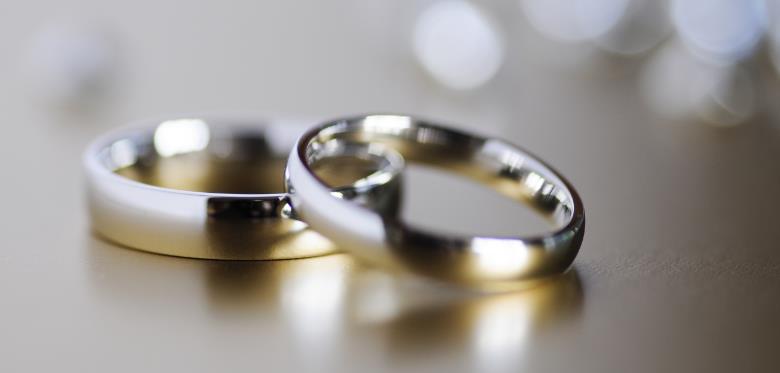If you believe that you have been treated less favourably than another individual, and you feel that the treatment is connected to one or more of the characteristics protected and defined in the Equality Act 2010, then you may be able to pursue a claim for unlawful discrimination.
The protected characteristics as defined by the Equality Act 2010 include:
- Age
- Gender
- Race
- Sexual orientation
- Marriage and civil partnership
- Pregnancy
- Gender reassignment
- Religious beliefs
- Disability
Section 8 of the Equality Act 2010 protects individuals from unlawful discrimination as a result of being married or in a civil partnership. Such discrimination will have taken place if the individual has been treated less favourably as a result.
However, it is worth noting that unmarried or single people are not protected in the same way. Nor are those with an intention to marry or form a civil partnership or those who have divorced/dissolved their civil partnership.
Unlike other protected characteristics, this characteristic only applies to claims brought in the employment tribunal, nor can employees bring a claim on the basis of harassment connected to being a married person or in a civil partnership.
Common claims of discrimination, pursued under this section of the Equality Act 2010 are direct discrimination, indirect discrimination and victimisation.
Direct discrimination would occur if you were treated less favourably than others because you are married or in a civil partnership. For example: you recently got married, and thereafter applied for promotion at work. Unfortunately, you were not offered the promotion. When you requested feedback from your employer regarding your unsuccessful application, your employer advised that as you had just got married, it is likely that you would be thinking about starting a family and would therefore have less time to commit to your work.
Indirect discrimination would occur where an employer implements a policy, criterion or practice which puts people who are married or in a civil partnership at a disadvantage in comparison to those who are not. Such a policy is only permitted under the terms of the act if it can be shown that there is good reason for it and the policy is appropriate and necessary.
Victimisation would occur where you have made a complaint of marriage or civil partnership related discrimination or you are supporting someone who has made a complaint of such discrimination and thereafter you suffer a detriment. For example, you may have acted as a witness to a colleague’s discrimination claim or grievance against your employer and thereafter been subjected to unwarranted disciplinary action.
There are specified circumstances within the act where an employer can refuse to employ you because of your marital status. However, such circumstances are extremely limited,
If you feel that you have been the victim of discrimination, please contact our team on 01616 966 229.



Comments